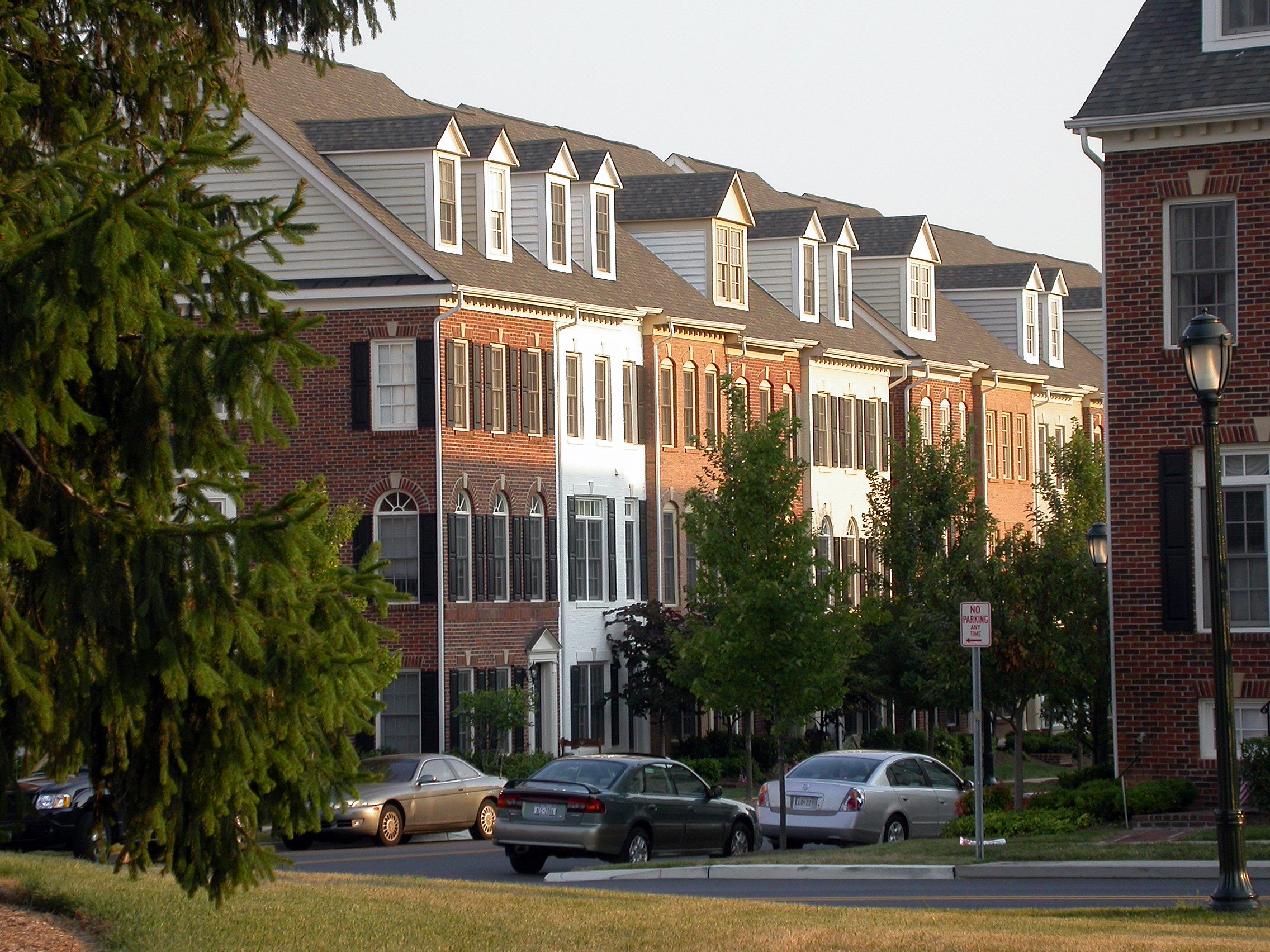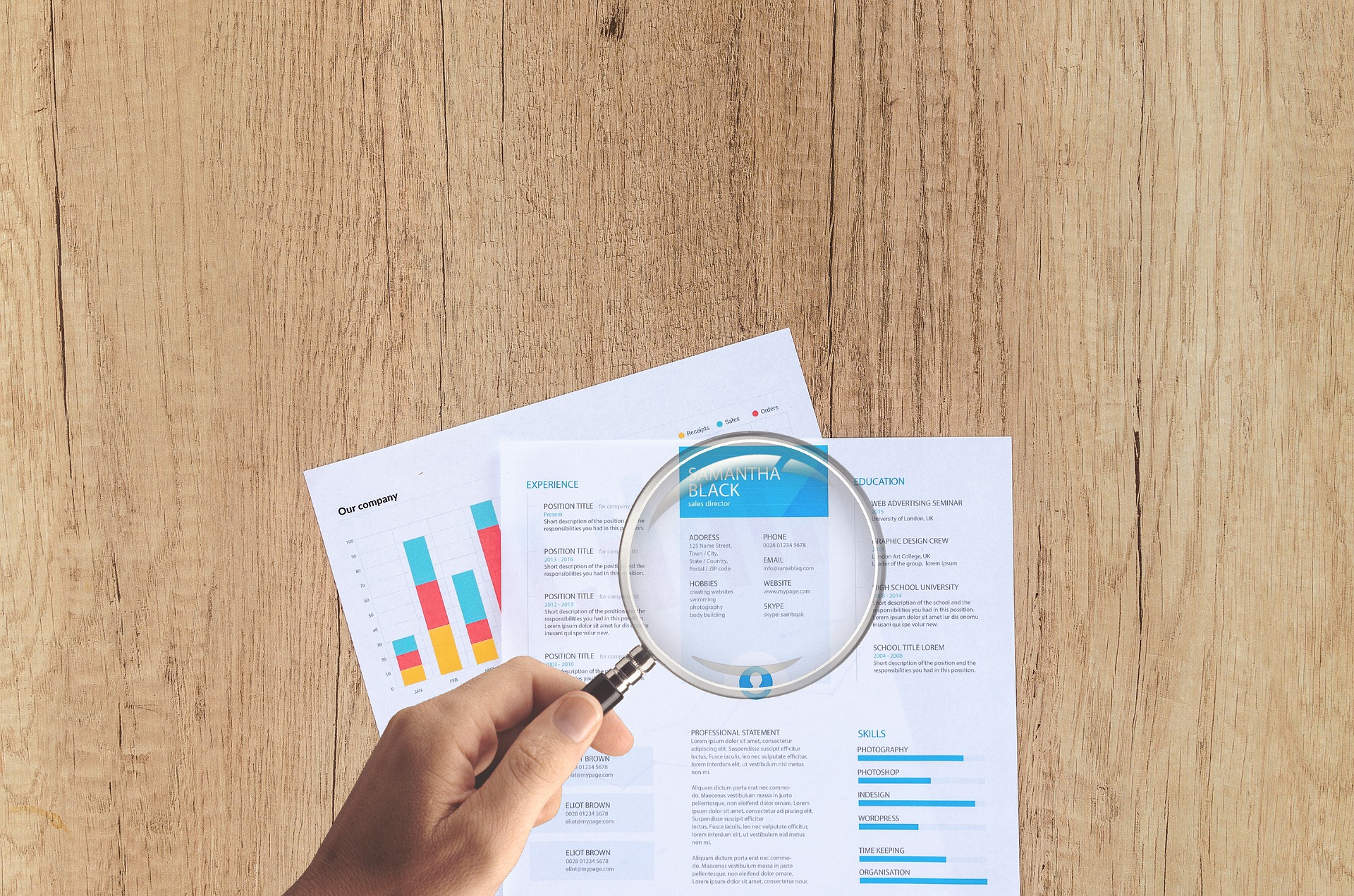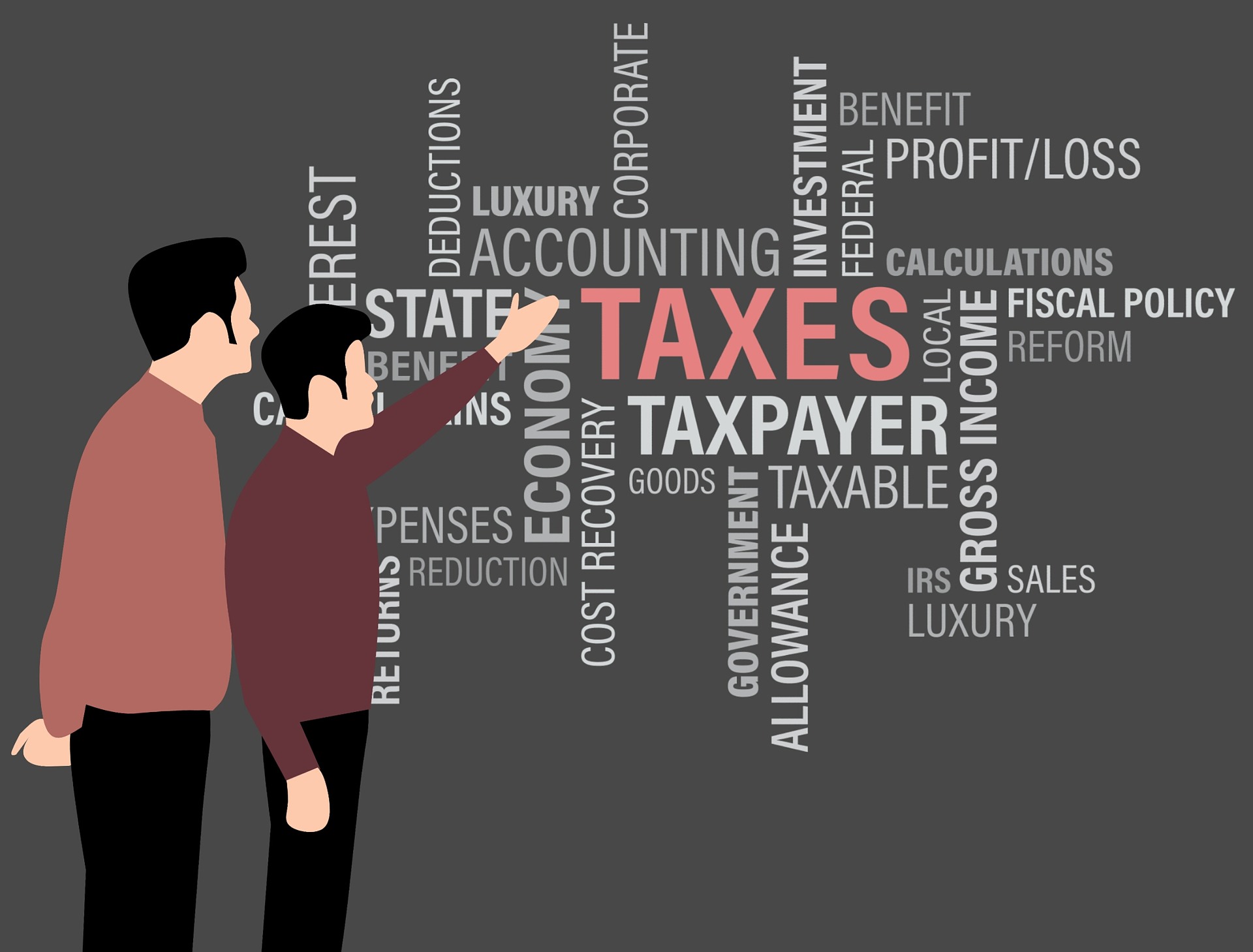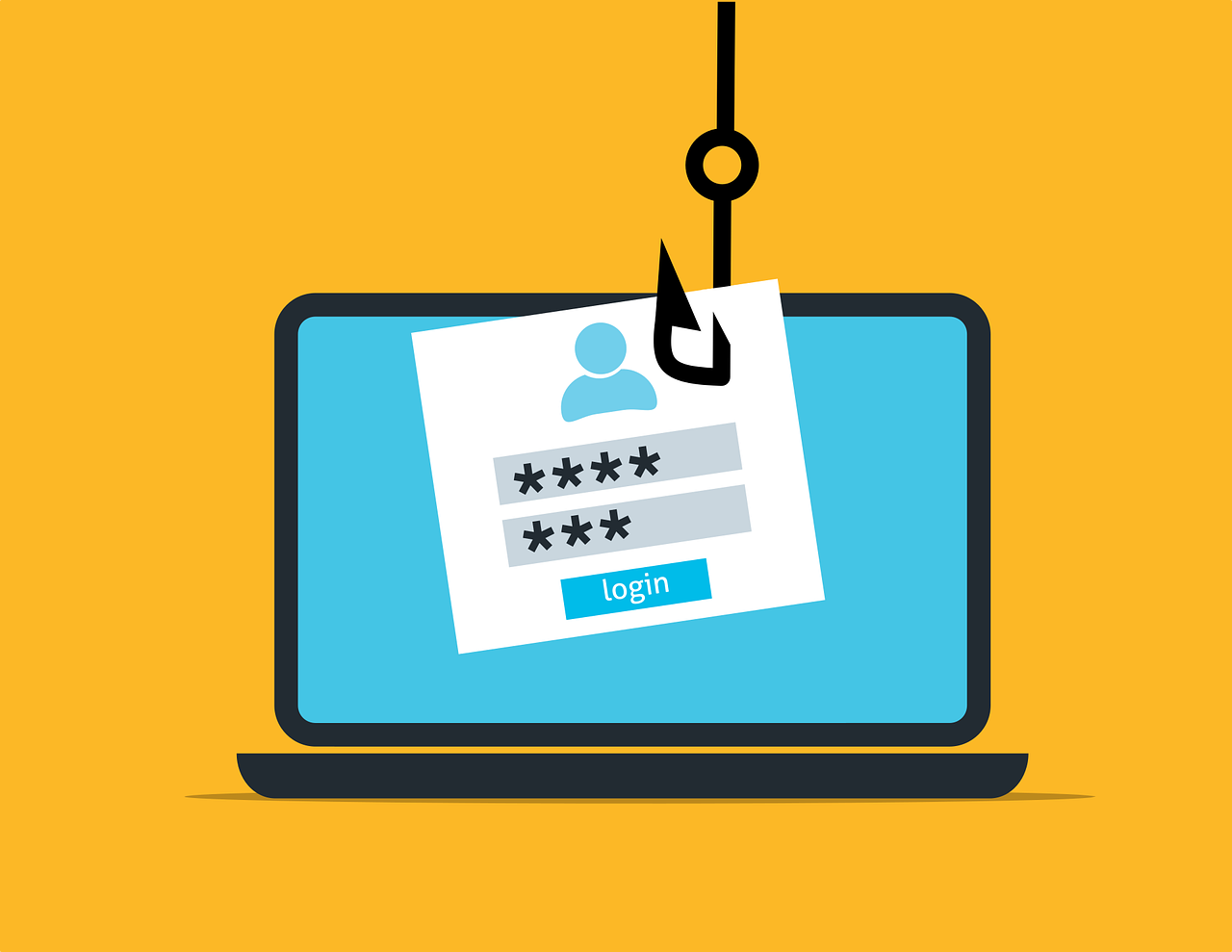It seems so easy doesn’t it? Especially with shows abounding like Master Flip and Income Property. You find a charming little residence, perhaps put a coat or two of paint on it, pop an ad on Kijiji for a renter and soon you have an asset that is generating you income.
In theory, it works. In execution, there are many things to consider. Before you say “I do” to investing in a rental property, consider these pros and cons.
Pros
- Income: this is the biggest motivator for rental investors. When set up properly, your rental property can generate a significant amount of income.
- Taxes: In some cases, you can qualify for tax breaks or incentives. However, you should consult with your accounting or tax professional to ensure you are only leveraging the tax breaks that apply to you.
- Asset: Your rental house is an asset in your financial portfolio and can significantly appreciate over time if properly maintained.
- Downsizing: Play your cards right and when you retire, you have a mortgage-free place to move into.
Cons
- Inconsistency: The rental market is not overly stable. Most renters are young people in school, and people in transition (divorce, moving, etc.). Your rental property could sit empty for months at a time, leaving you fully responsible for the mortgage, utilities and maintenance without the cash flow from the property coming in.
- Nightmare tenants: Not every renter is a horror story waiting to happen, but you must be realistic about the possibility of a bad tenant. Wild parties, damaged property, hording and midnight move outs are just some of the things your tenant may do.
- Initial investment: If you already own a home you don’t qualify for any first-time-home buyers incentives. That means your down payment for the rental property and the cash to fix it up and maintain it has to come from somewhere. If you don’t have the cash on hand and use the equity in your existing home to finance the purchase, you run a financial risk if things don’t work out.
- Maintenance: Every home needs maintenance and when you own two of them, that’s twice the need for shingles, appliance repair and replacement, landscaping and more. Be sure to account for these expenses and reflect them in your rental price.
Like anything in life, being a landlord is more suited to some people than others. Landlords must be disciplined, patient, realistic and ready to wait a long time for their investment to generate positive cash flow. However, being a landlord can be very rewarding from the people you interact with, to savings at tax time, to having an income-generating property.
If you are considering owing a rental property, consider the pros and cons, and talk to a professional accountant about how this decision impacts you financially.











